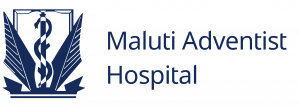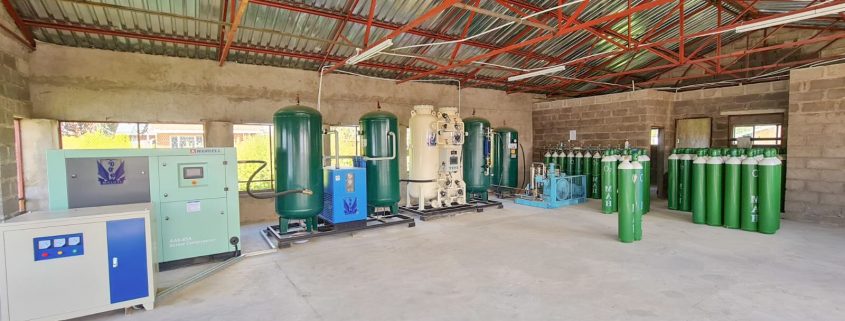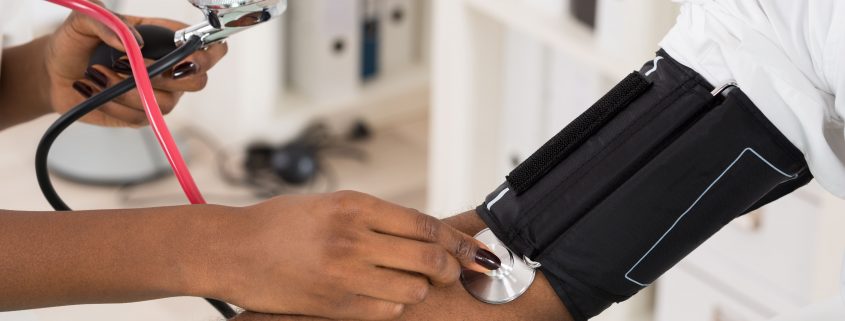Stop the Spread Covid 19
How does COVID-19 spread between people?
We know that the disease is caused by the SARS-CoV-2 virus, which spreads between people in several different ways.
- Current evidence suggests that the virus spreads mainly between people who are in close contact with each other, for example at a conversational distance. The virus can spread from an infected person’s mouth or nose in small liquid particles when they cough, sneeze, speak, sing or breathe. Another person can then contract the virus when infectious particles that pass through the air are inhaled at short range (this is often called short-range aerosol or short-range airborne transmission) or if infectious particles come into direct contact with the eyes, nose, or mouth (droplet transmission).
- The virus can also spread in poorly ventilated and/or crowded indoor settings, where people tend to spend longer periods of time. This is because aerosols can remain suspended in the air or travel farther than conversational distance (this is often called long-range aerosol or long-range airborne transmission).
- People may also become infected when touching their eyes, nose or mouth after touching surfaces or objects that have been contaminated by the virus.
Further research is ongoing to better understand the spread of the virus and which settings are most risky and why. Research is also under way to study virus variants that are emerging and why some are more transmissible. For updated information on SARS-CoV-2 variants, please read the weekly epidemiologic updates.
How can I reduce my risk of getting COVID-19?
There are many things you can do to keep yourself and your loved ones safe from COVID-19. Know your risks to lower risks. Follow these basic precautions:
- Follow local guidance: Check to see what national, regional and local authorities are advising so you have the most relevant information for where you are.
- Keep your distance: Stay at least 1 metre away from others, even if they don’t appear to be sick, since people can have the virus without having symptoms.
- Wear a mask: Wear a well-fitting three-layer mask, especially when you can’t physically distance, or if you’re indoors. Clean your hands before putting on and taking off a mask.
- Avoid crowded places, poorly ventilated, indoor locations and avoid prolonged contact with others. Spend more time outdoors than indoors.
- Ventilation is important: Open windows when indoors to increase the amount of outdoor air.
- Avoid touching surfaces, especially in public settings or health facilities, in case people infected with COVID-19 have touched them. Clean surfaces regularly with standard disinfectants.
- Frequently clean your hands with soap and water, or an alcohol-based hand rub. If you can, carry alcohol-based rub with you and use it often.
- Cover your coughs and sneezes with a bent elbow or tissue, throwing used tissues into a closed bin right away. Then wash your hands or use an alcohol-based hand rub.
- Get vaccinated: When it’s your turn, get vaccinated. Follow local guidance and recommendations about vaccination.
High Blood Pressure
What is high blood pressure?
Blood pressure (also referred to as HBP, or hypertension) is the force exerted by circulating blood against the walls of the body’s arteries, the major blood vessels in the body. Hypertension is when blood pressure is too high.
Blood pressure is written as two numbers. The first (systolic) number represents the pressure in blood vessels when the heart contracts or beats. The second (diastolic) number represents the pressure in the vessels when the heart rests between beats.
Hypertension is diagnosed if, when it is measured on two different days, the systolic blood pressure readings on both days is ≥140 mmHg and/or the diastolic blood pressure readings on both days is ≥90 mmHg.
What are the risk factors for hypertension?
Modifiable risk factors include unhealthy diets (excessive salt consumption, a diet high in saturated fat and trans fats, low intake of fruits and vegetables), physical inactivity, consumption of tobacco and alcohol, and being overweight or obese.
Non-modifiable risk factors include a family history of hypertension, age over 65 years and co-existing diseases such as diabetes or kidney disease.
What are common symptoms of hypertension?
Hypertension is called a “silent killer”. Most people with hypertension are unaware of the problem because it may have no warning signs or symptoms. For this reason, it is essential that blood pressure is measured regularly.
When symptoms do occur, they can include early morning headaches, nosebleeds, irregular heart rhythms, vision changes, and buzzing in the ears. Severe hypertension can cause fatigue, nausea, vomiting, confusion, anxiety, chest pain, and muscle tremors.
The only way to detect hypertension is to have a health professional measure blood pressure. Having blood pressure measured is quick and painless. Although individuals can measure their own blood pressure using automated devices, an evaluation by a health professional is important for assessment of risk and associated conditions.
What are the complications of uncontrolled hypertension?
Among other complications, hypertension can cause serious damage to the heart. Excessive pressure can harden arteries, decreasing the flow of blood and oxygen to the heart. This elevated pressure and reduced blood flow can cause:
- Chest pain, also called angina.
- Heart attack, which occurs when the blood supply to the heart is blocked and heart muscle cells die from lack of oxygen. The longer the blood flow is blocked, the greater the damage to the heart.
- Heart failure, which occurs when the heart cannot pump enough blood and oxygen to other vital body organs.
- Irregular heart beat which can lead to a sudden death.
Hypertension can also burst or block arteries that supply blood and oxygen to the brain, causing a stroke.
In addition, hypertension can cause kidney damage, leading to kidney failure.
Why is hypertension an important issue in low- and middle-income countries?
The prevalence of hypertension varies across regions and country income groups. The WHO African Region has the highest prevalence of hypertension (27%) while the WHO Region of the Americas has the lowest prevalence of hypertension (18%).
The number of adults with hypertension increased from 594 million in 1975 to 1.13 billion in 2015, with the increase seen largely in low- and middle-income countries. This increase is due mainly to a rise in hypertension risk factors in those populations.
How can the burden of hypertension be reduced?
Reducing hypertension prevents heart attack, stroke, and kidney damage, as well as other health problems.
Prevention
- Reducing salt intake (to less than 5g daily).
- Eating more fruit and vegetables.
- Being physically active on a regular basis.
- Avoiding use of tobacco.
- Reducing alcohol consumption.
- Limiting the intake of foods high in saturated fats.
- Eliminating/reducing trans fats in diet.
Management
- Reducing and managing stress.
- Regularly checking blood pressure.
- Treating high blood pressure.
- Managing other medical conditions.
https://www.who.int/news-room/fact-sheets/detail/hypertension
Healthy Diet
Quit eating junk food and high-fat fast food. Your heart, brain, and overall health are harmed by foods high in saturated fats, salt, and cholesterol. There’s no getting around it. You’ve got to replace them with healthy foods: lots of fruits, vegetables, fish, nuts, olive oil — what we call the Mediterranean diet. Eat like an Italian, a Spaniard, a Greek! Enjoy!
Daily Exercise
You brush your teeth every day; exercise is equally important for your daily routine. Turn off the TV or computer, and get at least 30 minutes of exercise every day.
To work your heart, it’s got to be aerobic exercise. You’ve got lots of options: walking, jogging, biking, rowing machine, elliptical machine,swimming. But don’t feel like you have to be an athlete. Walking is great exercise. Get 10 minutes here and there during the day. It all counts.
Start with something simple, like parking in the far corner of the parking lot — so you get those extra steps to the door. Take the stairs one or two flights instead of the elevator. If you take public transportation, get off one stop early and walk the rest. Get out at lunch to walk. Or walk with your significant other or your spouse after work. You’ll get a bonus — relaxation and stress reduction.
Less Stress
When a person says they’re too busy to exercise, it tells me other things are crowding out what’s important in life: They don’t spend time with family and friends; don’t exercise enough; don’t eat right; don’t sleep properly. All these things reduce stress in your life, and that is critical to your health and longevity.
To be healthy, we need to set boundaries — and set limits on work hours. We should not be working so hard that we’re neglecting the things that keep us healthy. This is important advice, too, for people who take care of elderly parents or young children. Make sure you’re getting proper exercise and sleep — and that you’re not trying to do too much.
About Us
As a non-profit mission hospital, Maluti Adventist Hospital (MAH) strives to meet the health needs of the clients served with quality and compassionate care.
MAH operates with a capacity of 150 beds and a comprehensive range of health-care services, primarily to the approximately 100,000 people living in the 264 villages in its health service area, but many patients come from all other parts of the country as well.
Location
Contact
Office Hours
- Monday-Thursday: 8am to 5pm
- Friday: 8am to 1pm
- Sabbath: Closed
- Sunday: Closed






